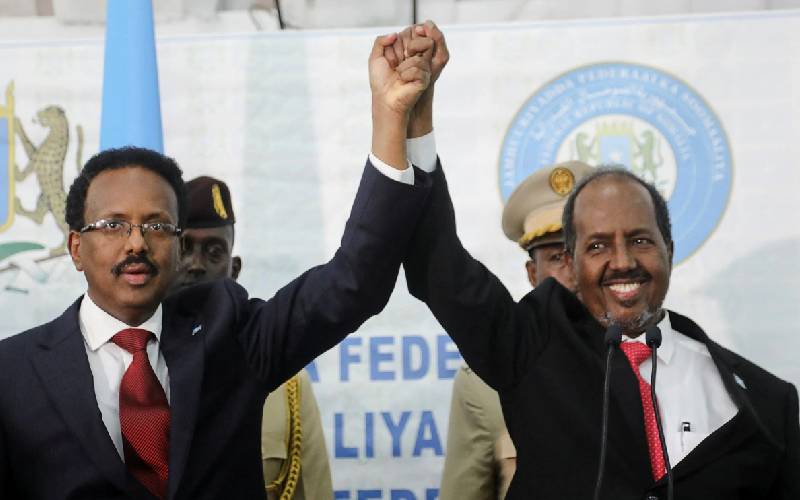×
The Standard e-Paper
Fearless, Trusted News

Countries in the Horn of Africa appear to compete for geopolitical notoriety, with Somalia often at the top, which makes positive news from the area a relief.
In Mogadishu on Sunday, May 15, 328 clan representatives in the House of the People, HOP, elected Hassan Sheikh Mohamud as president. His opponent in the race, President Mohamed Abdullahi Mohamed Formaajo, conceded defeat.